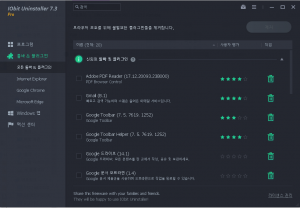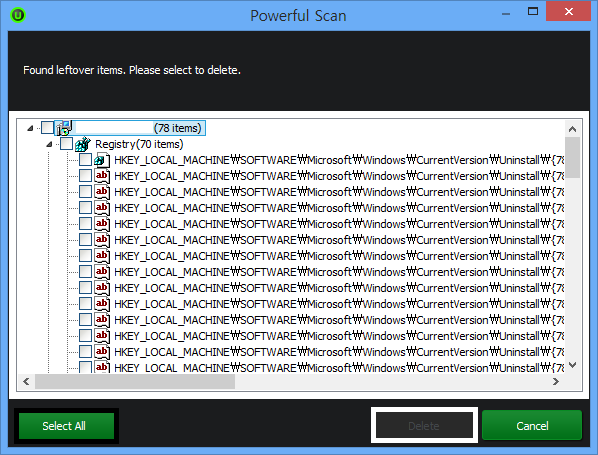

UUBYTE ISO EDITOR TRIAL WINDOWS 10
The task: make a Windows 10 installer USB for a new PC, when I only have a Mac (running macOS Catalina).
UUBYTE ISO EDITOR TRIAL PC
This is definitely a roundabout way and takes a bit of time (up to 2 hours to download the ISO, installing Windows on Mac using Boot Camp, Windows 10 Media Creation, and Windows 10 PC install) but it works.Īfter going through all the above headaches, and the sledgehammer-nut issues and the worry of security risks, I found a straightforward solution adapted from a post by "cerberus" on this forum/thread.
UUBYTE ISO EDITOR TRIAL INSTALL
Simply go through the process of installing Windows, go to the Microsoft Windows 10 page on your Windows partition and follow the instructions for creating a bootable flash drive (using the Windows 10 Media Creation Tool), and then use that USB to complete the Windows 10 install on your PC. I tried multiple solutions (deleting partitions, copying the install files to a new partition, lots of diskpart work, etc.) to no avail.Īs a backup solution (and what worked for me): you can always create a working USB by installing Windows onto your mac using the Boot Camp Assistant tool referencing the same iso downloaded from Microsoft. Booting up the windows installer from the USB was successful, but at the end of the installation I hit the "Windows could not prepare the computer to boot into the next phase of installation" error. This process did not work for me for whatever reason. Thank you to everyone's help on this thread. # UEFI in front of the name, and the other without. #Depending on how new your computer is, you may see the USB twice: once with # boot device menu (you may need to press some key to show the boot device menu # Now insert the USB into your computer, (re)boot, and select the USB from the # Eject the ISO using the diskX identifier from the fifth step above: # Eject the USB using the diskX identifier from the second step above: # the directory means the ISO is "in use"):

# directory otherwise OSX will not allow you to unmount the ISO (since being in # Once it's done, you can eject both the USB and the ISO. # This will take a while there's a lot of data (4+ GB). # And copy all the files over to our USB: # will differ depending on which ISO you downloaded. You should see something funny like CCCOMA_X64FRE_EN-US_DV9. This time, we're looking for what's in the NAME # Back in the terminal, let's find the mounted ISO: Close the Finder window you don't need it. # Your Mac will "mount" the ISO as if it was a drive. # Record, which is necessary for the USB to be bootable. MBR tells diskutil to create a Master Boot WIN10 is the name of that partition (it'll appear in # In the command above, MS-DOS is the format of the partition that will be # WARNING: this will delete everything on the USB!!ĭiskutil eraseDisk MS-DOS WIN10 MBR diskX # In the command below, replace "diskX" with the identifier of your USB drive.

# Now we need to format the drive for MS-DOS and include a Master Boot Record. Now, insert your USB drive and run the command Each entry will have a header in the form "/dev/diskX", where X is # This will output a bunch of info about all of the disk drives connected to


 0 kommentar(er)
0 kommentar(er)
